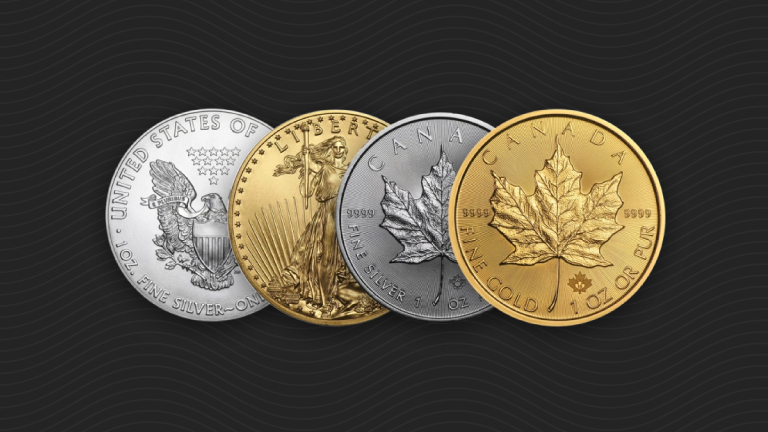
Deficits Don’t Matter? Fake News! SchiffGold Friday Gold Wrap Podcast 02.09.18
The SchiffGold Friday Gold Wrap podcast combines a succinct summary of the week’s precious metals news coupled with thoughtful analysis. You can subscribe to the podcast on iTunes.







